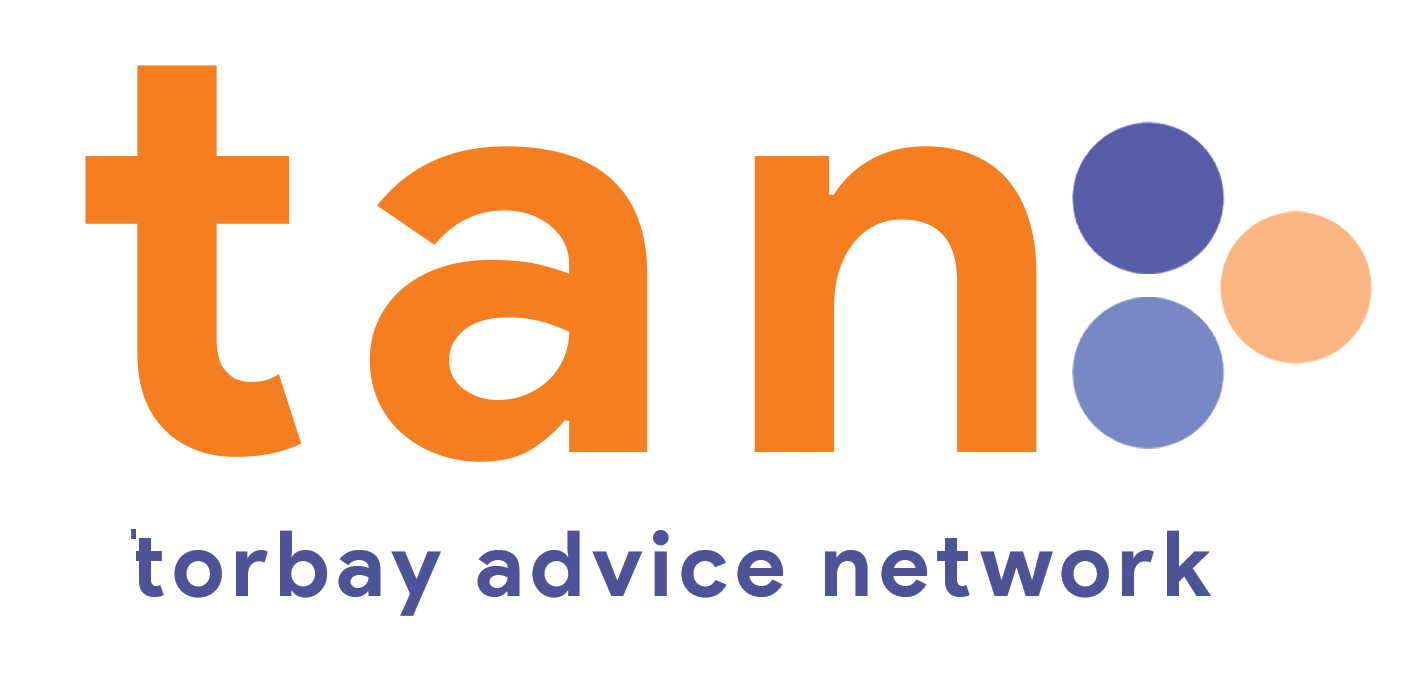The scandal of overpayments shocked many people this spring when it was widely reported
in the media, yet it has been going on for some time. Many unpaid carers have been unwittingly
building up huge debts, often as a result of going over the earnings limit for Carer’s Allowance by as
little as a few pence per week. As a result, they lost all of their allowance and owed the Department
for Work and Pensions, hundreds, thousands and sometimes tens of thousands of pounds. The huge
overpayment debts were not built up overnight – in these cases it took the Department for Work and Pensions years to inform the carer that their earnings were over the limit.
After several near misses, the era of the Work Capability Assessment (WCA) may be coming to a close. In March 2023, the Conservative Government proposed that the WCA would be scrapped, replaced by a
new system that relies instead on the assessment for disability-related extra costs within Personal Independence Payment (PIP). But exactly what comes next? And will it be better than the WCA?
The proportion of housing for affordable or social rent in England has fallen from around 20% in 2000 to 16% in 2023. As demand continues to grow, increasing the supply is proving challenging. Providers cite issues including funding, increasing costs, and the planning systems as barriers to delivery.
The loss of a home through eviction, and subsequent consequences, can be financially and emotionally devastating. The cost-of-living crisis has placed new financial pressures on low-income households. This research identifies ways to avoid eviction proceedings through measures that improve meaningful communication between those in housing debt, housing providers, and advice services.
The front-line of the welfare state is increasingly not a letter, phone call or face-to-face visit, but an online user-interface. This ‘interface first’ bureaucracy is a fundamental reshaping of social security administration, but the design and operation of these interfaces is poorly understood. Drawing on interview data from senior civil servants, welfare benefits advisors and claimants on the UK’s flagship Universal Credit working-age benefit, this paper is a detailed analysis of the role played by interfaces in the modern welfare state.
What has been the impact of universal credit on incomes and work incentives? What challenges remain for the next government? The introduction of universal credit (UC) has been the most […]
In this Spotlight we look at the impact of spending, tax and benefit decisions taken since 2010 through the lens of intergenerational fairness. What stands out in this context is the increase in the generosity of the State Pension, which has led to a £44 billion increase in spending, benefiting older age groups. By contrast, working-age households have seen benefits cut. And although recent cuts to National Insurance (NI) have offset the extent to which policy decisions have tended to favour older age groups, it is clear that households with children have been left worse off by tax and benefit changes made since 2010.
Spending on social security as a share of GDP has risen slightly since the financial crisis, but the system in Great Britain has undergone profound change over the same time. Large-scale structural reforms have fundamentally altered the system’s rules for working-age families, while working-age benefits have been both cut back and then not fully indexed in line with inflation. In contrast, support for pensioners has been not just protected but bolstered.
The cost of living is the most important issue for many voters this election. It’s no surprise why. In 2022, nearly 4 million people in the UK experienced destitution, meaning they could not meet their basic physical needs such as having enough to eat and staying warm.
The UK’s social security system is failing in its core purpose to prevent poverty. And yet the Conservatives have promised more crackdowns on welfare, with the prime minister linking this with his pledge to lower taxes.
The disability benefits system is broken. It has not adapted to a world where disability and ill health are more prevalent, and more complex in terms of the variation of impact on people’s lives or the support that could help. Despite rising caseloads, disabled people, and people with long-term health problems, are too often not getting the support they need.



